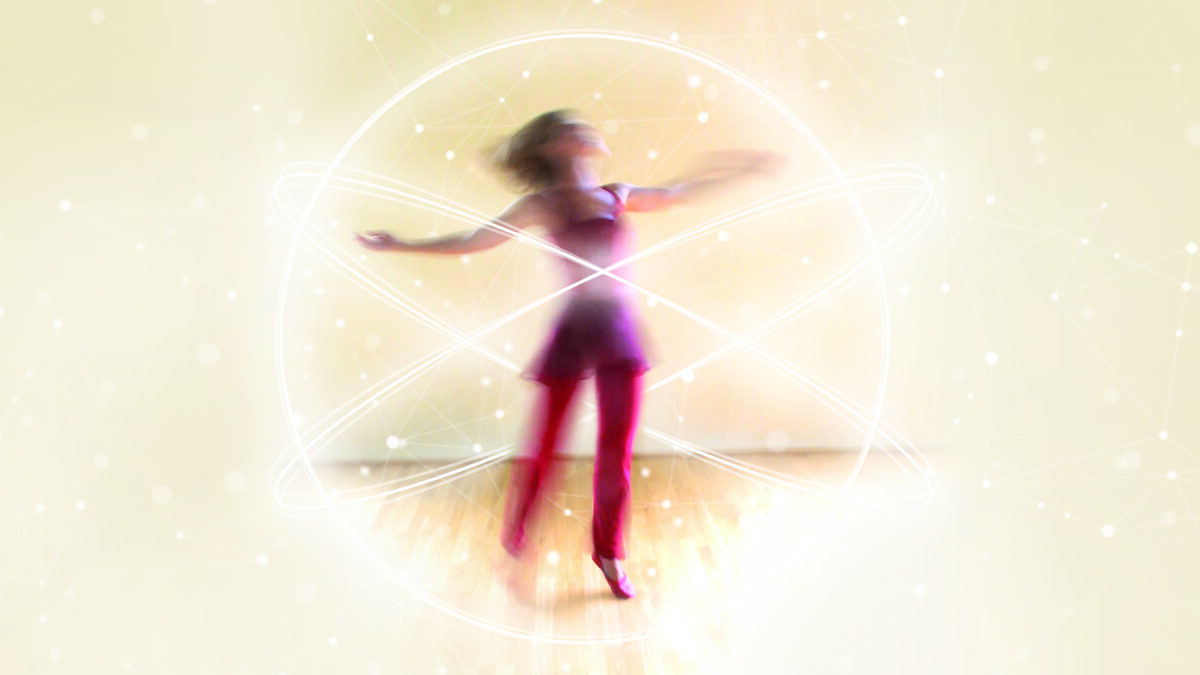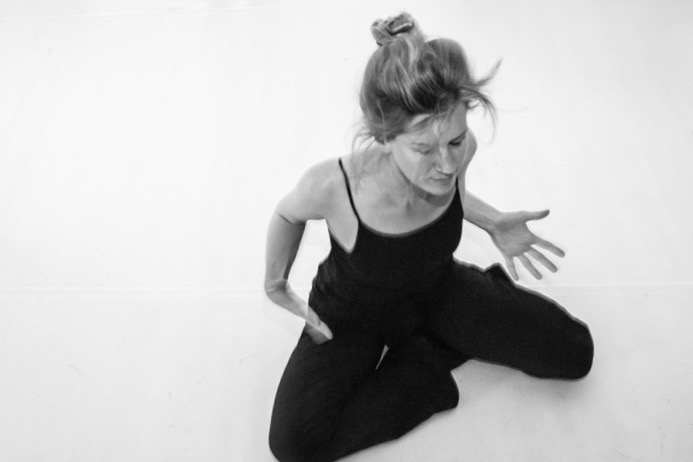¿Qué es la Tanzhologie®?
Tanzhologie® es una enseñanza del arte de la danza que promueve la salud y que combina los efectos positivos de una amplia variedad de estilos de danza con técnicas de relajación


En una clase de Tanzhologie® se practican elementos sencillos de varios estilos de danza. Cada clase consiste en una mezcla de entrenamiento de técnica dada, baile libre y relajación.
Cada estilo de danza tiene sus propias características y entrena posturas y cualidades de movimiento específicas. Con el fin de captar los efectos positivos de todo el espectro de la danza para la salud humana, Tanzhologie® utiliza un mosaico de elementos sencillos de los más diversos estilos (ballet, afro, jazz, danza moderna, etc.) y también trabaja con el diseño de movimiento libre en forma de improvisación de danza y teatro de danza. Al mismo tiempo, cada lección abarca desde el baile activo hasta el entrenamiento mental y la relajación. Esta forma de enseñanza holística de la danza ayuda a las personas a seguir siendo flexibles -en todos los sentidos- o a volver a serlo. De este modo, la Tanzhologie® entrena la pericia del movimiento individual con la ayuda de la danza, entrena el cuerpo como instrumento de expresión y percepción, y refuerza la conexión cuerpo-mente-espíritu en el proceso.
Tanzhologie® puede adaptarse a las necesidades de cualquier grupo objetivo, así como a diferentes niveles de formación
El término "Tanzhologie" es un neologismo creado por Corinna Janson. Basándose en su formación con el Dr. Detlef Kappert, la practicante alternativa y profesora de danza desarrolló en 2004 el concepto de enseñanza Tanzhologie® como un método aplicable en la práctica con el objetivo de poner los beneficios de la danza al alcance de personas de todas las edades.
Tanzhologie® está concebida como una clase de baile que promueve la salud en general y que utiliza los efectos positivos de una amplia variedad de estilos de baile en combinación con técnicas de relajación en beneficio del individuo. A diferencia de la danzaterapia, la Tanzhologie® no es un método para tratar patrones patológicos, sino que sirve para la profilaxis de la salud y el desarrollo de la personalidad. Se trata de una actividad de ocio variada y alegre en un grupo que enseña la técnica de la danza y da espacio a las necesidades individuales de movimiento y expresión sin discutir en profundidad los problemas personales durante las clases.

"Una vida sana significa un proceso constante de renovación y adaptación: en las esferas física, emocional y espiritual. La danza es un medio ideal para entrenar la postura, la estabilidad, la flexibilidad y el equilibrio - también en sentido figurado - y ayuda a las personas a mantenerse en el flujo interior y exterior del movimiento". Corinna Janson